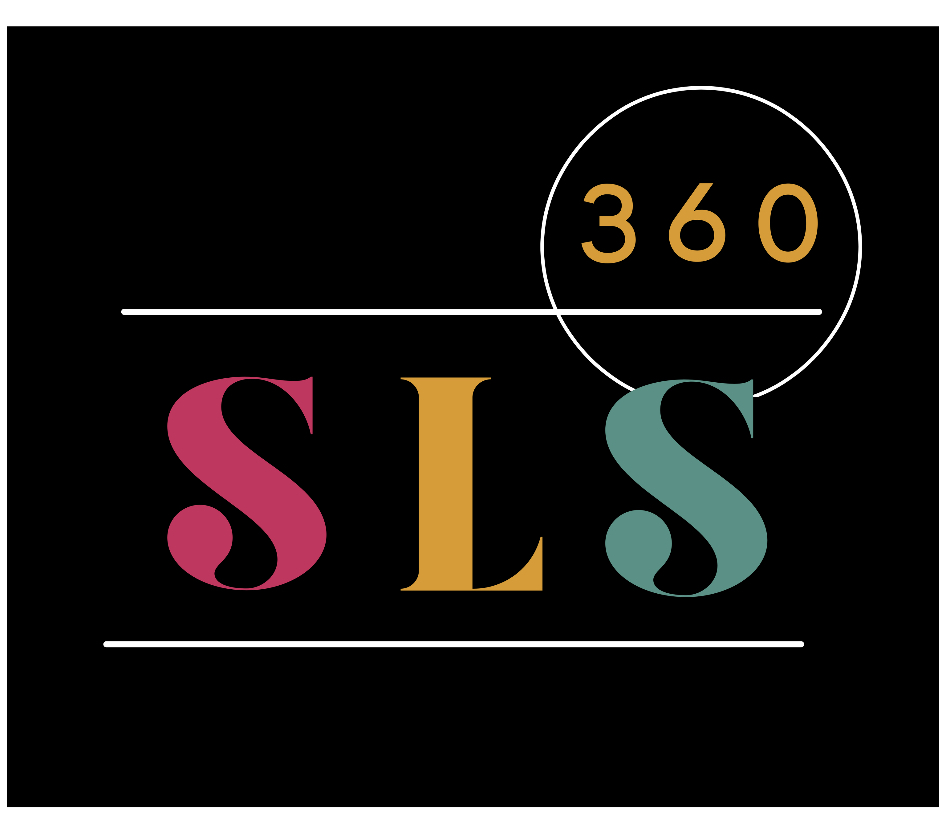Disability Pride Month: Pride Without Access Is Not Pride at All
- SLS 360
- Jul 3, 2025
- 3 min read
Updated: Jul 4, 2025
By Samantha Stimpson (Founder & CEO: SLS 360)

Disability does not exist in a vacuum
We know this of course but how many times do we really consider how race, gender, class and other aspects of identity deeply shape how disability is experienced and how it is responded to.
As July marks Disability Pride Month, it is important that we approach it through an intersectional lens. Because without it, far too many disabled people remain unheard, unseen, and unsupported. This is especially true for Black and Brown disabled people, disabled LGBTQ+ folks, and those navigating poverty or chronic inequality.
Disability is not experienced equally
A Black woman with ADHD will face different barriers than a white man with the same diagnosis.
A trans person with a chronic illness might face medical discrimination on top of ableism.
A working-class autistic teenager might never get a diagnosis, let alone a workplace adjustment.
If we are not actively acknowledging and addressing how these identities intersect, then we are not doing the work. We are simply scratching the surface.
Disability is not just about access. It is also about equity, justice, and recognition. Yet all too often, the conversations we see during awareness months can feel hollow.
When we celebrate disabled people for navigating inaccessible systems, we are celebrating the problem, not the solution.
We are applauding resilience while refusing to fix what’s broken. We are spotlighting individual determination instead of addressing institutional failure. And that is not pride. That is pageantry.
Yes, Disability Pride Month is a time to uplift disabled voices, celebrate disabled culture, and recognise excellence. But that only matters if we are also creating the conditions for that excellence to flourish.
Disabled people should not have to be exceptional to be accepted
They shouldn’t have to outperform, over-prepare, or over-explain in order to be seen as worthy. They shouldn’t need to be “inspiring” just to be included.
Real pride looks like:
Accessible environments by design. Not retrofitted. Not after someone complains. Built-in.
Recruitment processes that value difference. That offer alternatives to traditional interviews. That are transparent, fair and flexible.
Workplace cultures that do not rely on resilience. That allow people to thrive because support is in place before it's even needed.
Leadership tables that include disabled voices as decision-makers, not just guests. Representation should not stop at the staff newsletter. It should influence policy, funding, programming, and culture.
The danger of awareness months is they can tempt organisations to tick a box. To make a statement. To post a flag. But when the calendar turns over to August, what happens? Too often, it’s back to business as usual.
This is not about perfection. It is about progress. Tangible, structural, lasting progress.
If you’re in a position of influence, ask yourself:
Is our website truly accessible? Have we tested it with screen readers, keyboard navigation, and people with lived experience?
Do our hiring practices include different ways of assessing capability, not just traditional interviews?
Is disability represented in our leadership, not just our employee resource groups?
Are we resourcing adjustments or just reacting to them?
If you don’t know the answers, it’s time to find out.
And if you’re part of a community, platform or organisation that says it values inclusion, this month is the moment to move from saying to doing. Because pride is not passive. It is a call to action.
What we’re doing at SLS 360
At SLS 360, we are committed to building a culture where inclusion is embedded, not bolted on.
This includes:
Making space for conversations about intersectional disability experiences
Advocating for inclusive leadership that is shaped by lived experience
Offering practical support through our I.D.E.A.L Network, which brings together professionals across sectors who are serious about turning intention into action
Get in touch if you want to know more or want some advice and support!
📩 Reach out to us at info@sls360.org to start the conversation.
🌐 Visit www.sls360.org to find out more.





Comments